11 Terrible Referee Calls Changed the Outcome of the Game
Nothing fires up sports fans faster than a bad call. A single whistle or raised arm can flip joy into outrage, and some mistakes are so huge they live on forever in the form of changed games and rewritten stories. Let’s check out some of the worst calls in sports ever made.
Brett Hull’s Crease Mystery
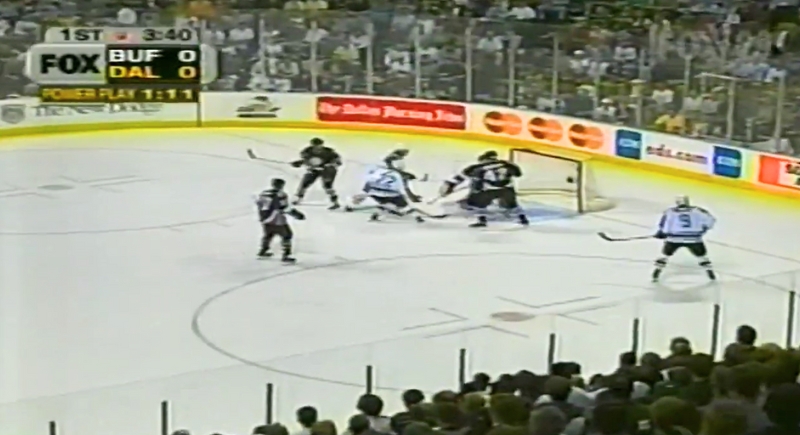
Credit: Youtube
Game 6 of the 1999 Stanley Cup Finals still makes Buffalo Sabres fans cringe. Brett Hull scored the title-winning goal for the Dallas Stars while his skate was clearly in the crease, which rules then forbade. League officials later claimed he had possession before stepping in, but that explanation arrived only after Buffalo’s dream died in triple overtime. The play wasn’t reviewed, and that controversial goal sealed the Stars’ first championship.
Colorado’s Fifth Down Gift
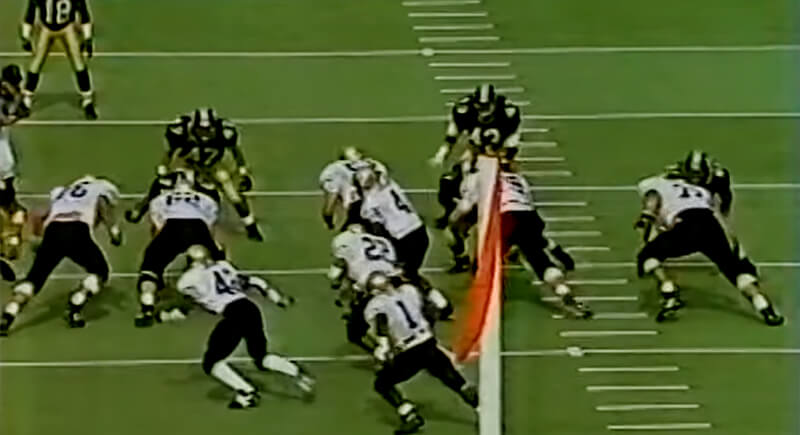
Credit: Youtube
In 1990, Colorado lined up against Missouri and unknowingly gained an extra play. The down marker was never changed, the officials missed the error, and the Buffaloes kept driving. On what should have been a turnover on downs, they instead punched in a touchdown that sealed the game. Fans watching were left confused, and only later did the controversy explode when everyone realized five downs had been granted.
Bert Emanuel’s Catch Rule
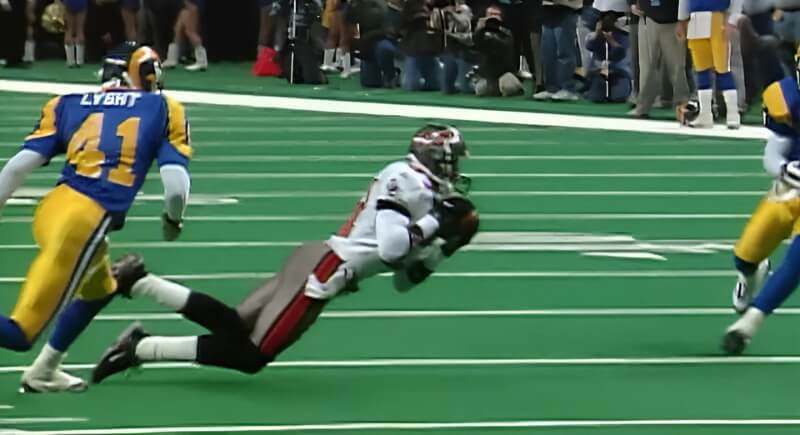
Credit: Youtube
During the 1999 NFC Championship, Tampa Bay relied on Bert Emanuel to keep a critical drive alive. He cradled a low pass that appeared secure, yet officials ruled it incomplete because the ball brushed the turf. The call stopped momentum cold, and the Rams took control. Conversations about that play would eventually shape how the league defines a completed catch.
Vinny Testaverde’s Phantom Touchdown
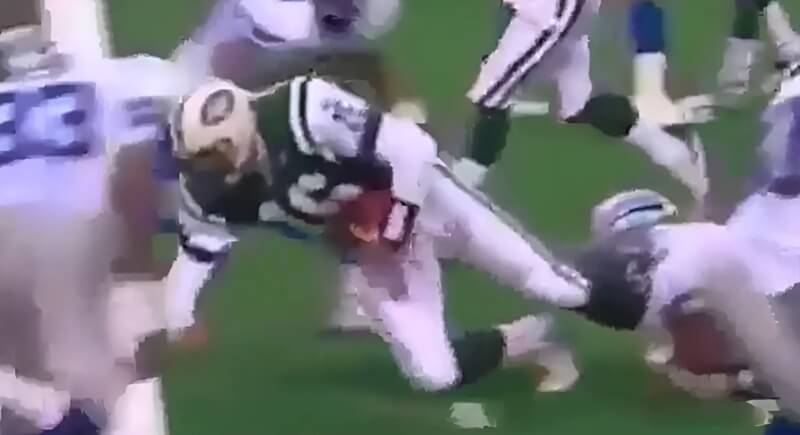
Credit: Youtube
The Jets trailed Seattle late in 1998 when Vinny Testaverde lunged for the end zone. Cameras showed he was stopped short, but officials signaled touchdown. His white helmet tricked the referee into thinking it was the ball crossing the plane. Seattle lost 32-31, and the backlash pushed the NFL to expand instant replay in 1999. Testaverde later admitted he hadn’t scored, but the play counted and history changed.
The Tuck Rule Surprise

Credit: Youtube
In the closing minutes of a frigid 2001 playoff game, the Raiders thought they had sealed it with a late fumble recovery. The celebration was short‑lived once the officials huddled and dug into the rulebook. They decided Tom Brady’s forward arm motion meant no fumble at all. The ball went back to New England, and that season ended with a Super Bowl trophy.
Roy Jones Jr. Denied Gold
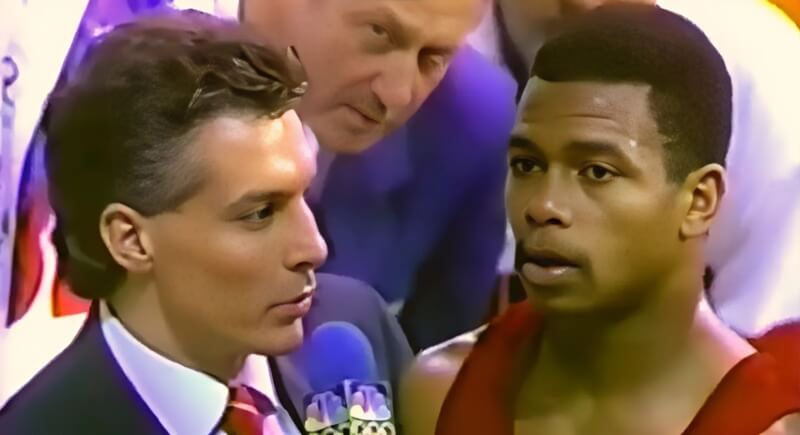
Credit: Youtube
At the 1988 Seoul Olympics, Roy Jones Jr. outlanded Park Si-Hun by a staggering margin, 86 punches to 32; yet the judges handed the gold to the Korean fighter. Two judges were later suspended, and the incident remains one of Olympic boxing’s most notorious decisions. Jones accepted silver but left knowing he’d been robbed on the sport’s biggest stage.
Golden Tate’s “Fail Mary”

Credit: Youtube
In 2012, the Seahawks left Lambeau Field with a win that still sparks arguments. On the game’s final play, Russell Wilson hurled a desperate pass into the end zone, where Golden Tate and M.D. Jennings fought for possession. Conflicting signals came from the replacement officials—one ruling touchdown, another calling an interception. After a tense review, the score counted. It triggered national outrage and sped up the NFL’s decision to bring back its regular referees.
Don Denkinger’s Game-Changer
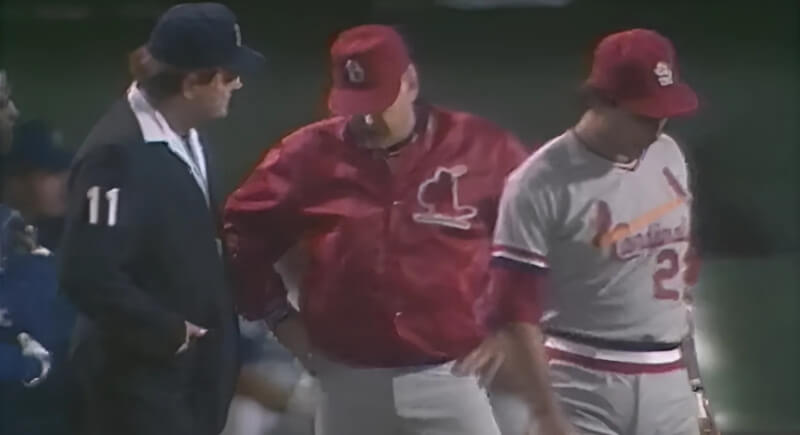
Credit: Youtube
The Kansas City Royals kept their World Series hopes alive in Game 6 of 1985 and went on to claim the championship in Game 7. That turning point is forever linked to a single call when umpire Don Denkinger ruled Jorge Orta safe at first, even though replays showed he was out. The St. Louis Cardinals never recovered after that inning collapsed, and the blown call remains one of baseball’s most debated moments.
Thierry Henry’s Costly Handball
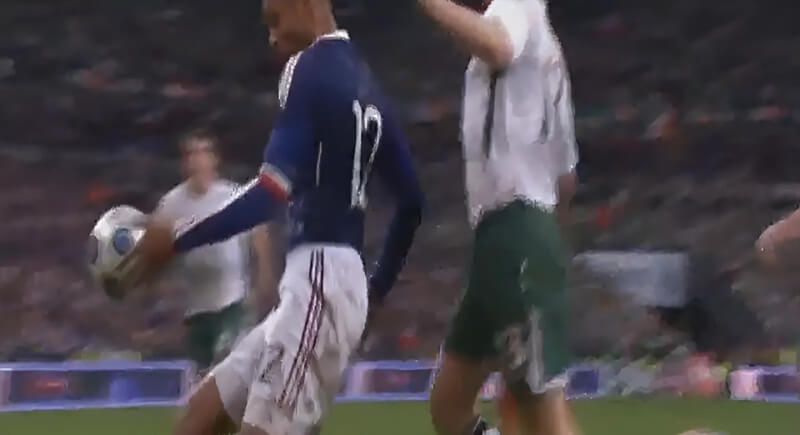
Credit: Youtube
In a tense 2009 World Cup qualifier, Thierry Henry settled a drifting ball with his hand before setting up France’s decisive goal against Ireland. Cameras caught the infraction from every angle, yet the officials let the play stand. France moved on while Ireland was left furious. Henry later acknowledged the handball, explaining that the referee’s decision, not his action, sealed the outcome.
Mike Renfro’s Vanishing Catch
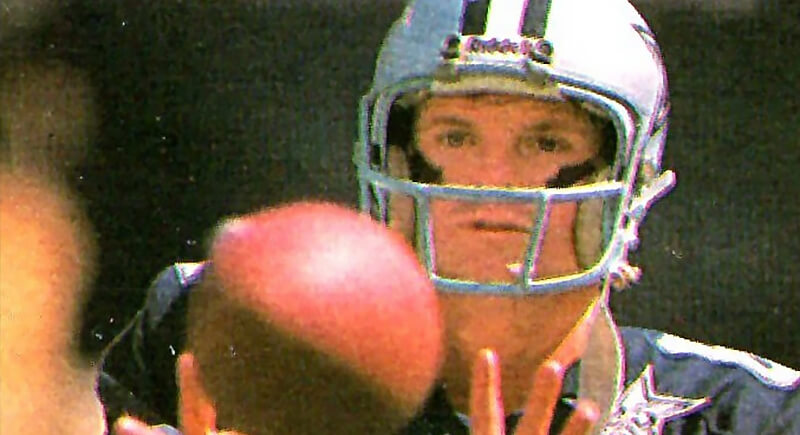
Credit: ebay
The Houston Oilers faced the Pittsburgh Steelers in the 1979 AFC Championship when Mike Renfro hauled in a sideline catch in the end zone. Photos and broadcasts showed two feet inbounds with control, yet officials ruled him out. Without instant replay, the call stood. Pittsburgh went on to win 27-13.
Eric Gregg’s Wild Strike Zone

Credit: Youtube
The Florida Marlins walked away from Game 5 of the 1997 NLCS with a crucial victory that pushed them toward a series win and, later, a World Series title. What fueled so much outrage afterward was the way umpire Eric Gregg handled the strike zone that night. He rang up Braves hitters on pitches well off the plate, including a notorious third strike on Fred McGriff that seemed miles from the strike zone.
Chuck Knoblauch’s Phantom Tag
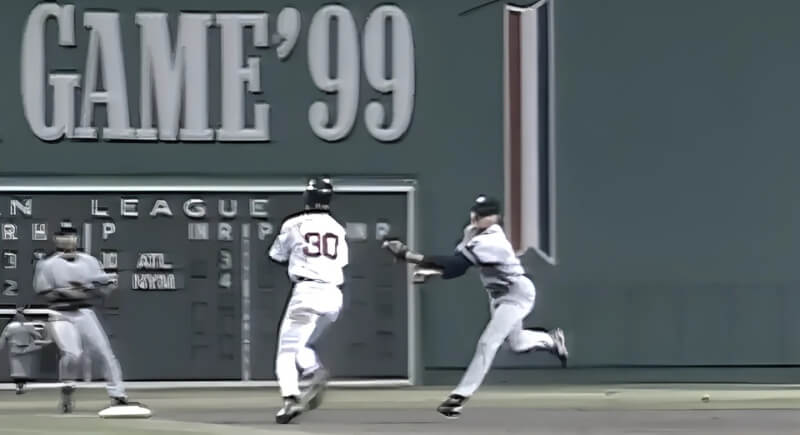
Credit: Youtube
In the 1999 ALCS, Chuck Knoblauch attempted to tag Jose Offerman on a steal attempt. Television angles revealed daylight between the glove and the runner, but umpire Tim Tschida signaled out. Boston’s rally was cut short, and New York benefited from yet another October break. Photos later confirmed the miss, and the call became another chapter in postseason controversies that left fans questioning umpire positioning and judgment.
Kent Hrbek’s Shove Heard Round Baseball
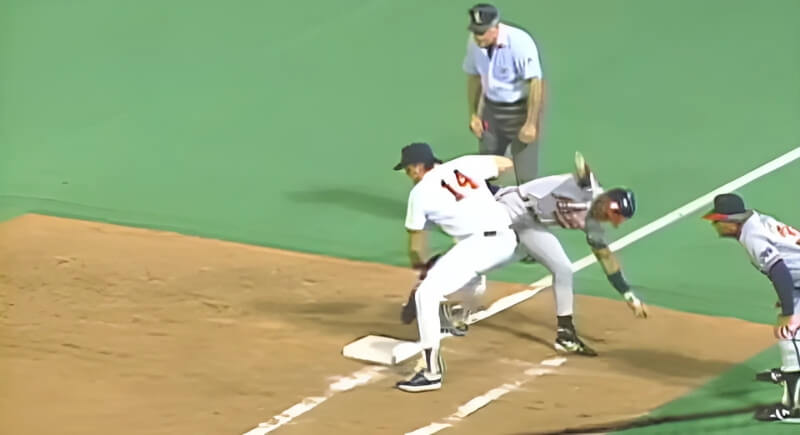
Credit: Youtube
Game 2 of the 1991 World Series saw Kent Hrbek of the Twins blatantly lift Braves runner Ron Gant off first base after a pickoff throw. The umpire ruled Gant out while ignoring replays showing Hrbek’s glove pulling him off. Minnesota escaped the inning and ultimately won the game in extras. Braves supporters still call it a robbery.
Jim Joyce Ends A Perfect Game

Credit: Youtube
On June 2, 2010, Armando Galarraga was just one out away from pitching a perfect game. Then came a simple ground ball to first—an easy final out. But umpire Jim Joyce called the runner safe, even though replays clearly showed he was out. After the game, Joyce realized his mistake and tearfully apologized to Galarraga. Fans respected how he owned up to it, but the perfect game was lost for good.
The 1972 Olympic Basketball Finish
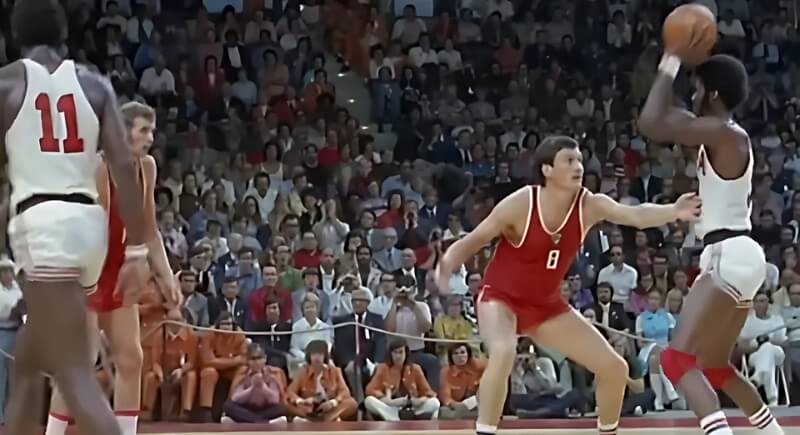
Credit: Youtube
With seconds left in the Olympic final, Team USA led the Soviet Union. Confusion over timeouts and clock errors gave the Soviets multiple inbound attempts until they finally scored the winning basket. The U.S. players refused silver medals in protest, and those medals remain unclaimed. That chaotic sequence remains one of international basketball’s most controversial endings.